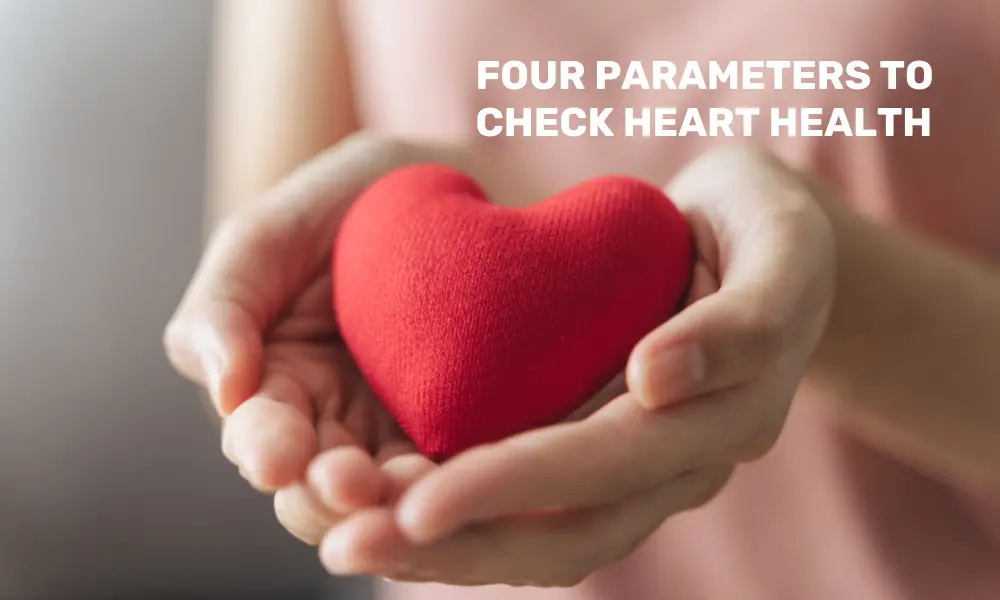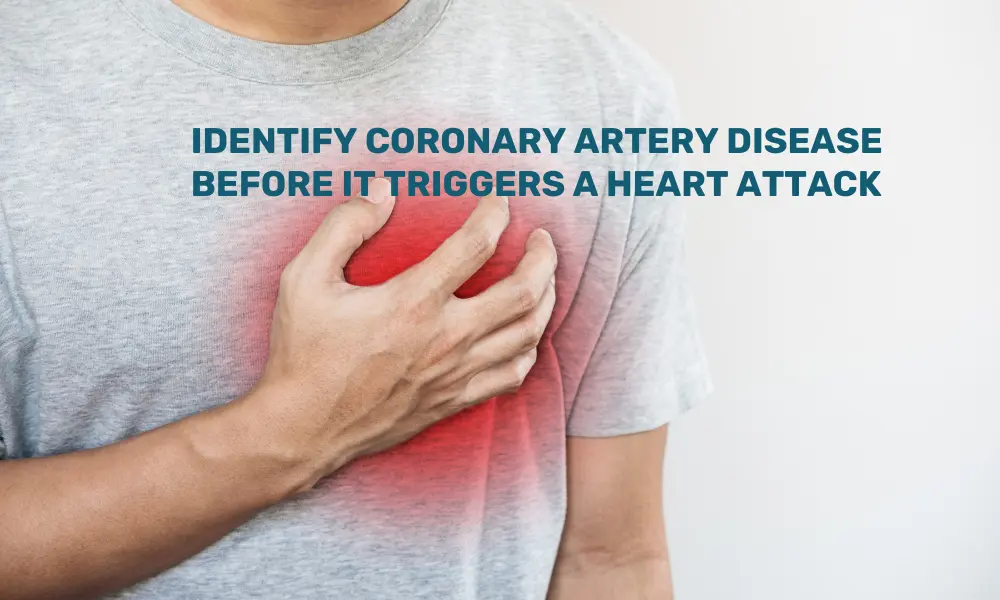Our heart is an important part of our body, and proper care is very important. Therefore, adopting a heart-healthy approach to life may be one of the best investments one can make for one’s future. Keeping the heart healthy is important as we age.
Warning signs and symptoms of heart disease
-
Chest Pain
-
Shortness of Breath
-
Coughing or Wheezing
-
Swelling in the Legs, Ankles, or Feet
-
Poor Blood Supply to Extremities
-
Fatigue
-
Fast or Uneven Heartbeat (Palpitations)
Heart issues build up gradually depending upon our risk factors, including our genetics, lifestyle, eating habits and existing health conditions. The most crucial thing is to take healthy and constructive approach towards building a good heart health. Today, let’s look at some parameters that will help us know if our hearts are healthy.
-
Heart Rate: The normal heart rate for most adults is between 60 and 100 beats per minute. The level of physical activity, medicine, stress, and anxiety are some of the variables that might impact your heart rate. The heart rate is the number of times our heart beats in one minute. One should ask their healthcare professional what the resting heart rate should be. Lower is preferable as long as it stays over sixty. It might indicate that the heart muscle is in good health and requires less effort to beat steadily.
-
Breathing: When an individual can perform moderate-intensity physical activity, like brisk walking, without experiencing chest pain, tightness, or difficulty breathing, it means that the cardiovascular system is supplying the body with the oxygen it needs. In addition, a recent study found that those with less than six hours of sleep were 25 percent more likely to have poor cardiovascular health.
-
Blood Pressure: A healthy heart may be determined by having normal blood pressure. A normal blood pressure is usually less than 120/80 mm Hg. However, high blood pressure is when the systolic pressure is 130 or higher or when diastolic pressure is 90 or higher, which stays high over time. Getting your blood pressure checked is the only method to determine whether you have high blood pressure.
-
Oral Health: Good oral health may indicate a healthy heart. According to recent research, those with healthier gums generally had lower blood pressure and responded better to blood pressure-lowering medicines. A 2021 study suggested that persons with severe gum disease were more likely to have hypertension or high blood pressure.
Here are a few tips to follow for good heart health
-
Eat a heart-healthy diet
-
Lose weight if overweight
-
Regular physical activity of at least 2.5 hours per week
-
Avoid consuming tobacco products
-
Avoid the use of alcohol
-
Check blood pressure and blood sugar regularly
Maintaining routine appointments with a cardiologist or primary care physician is essential for monitoring heart health and identifying any issues early.




